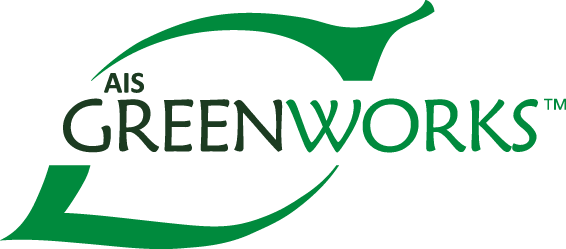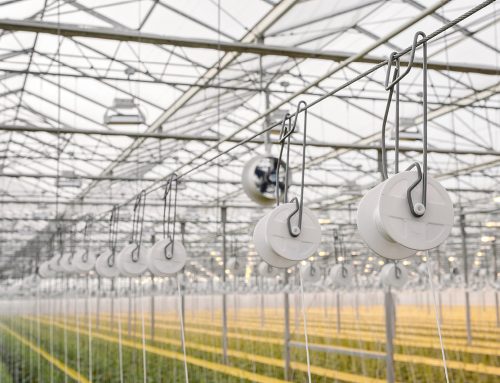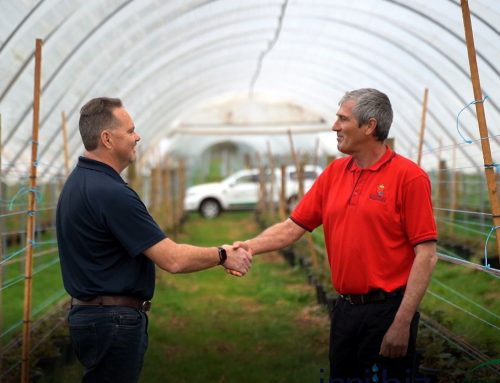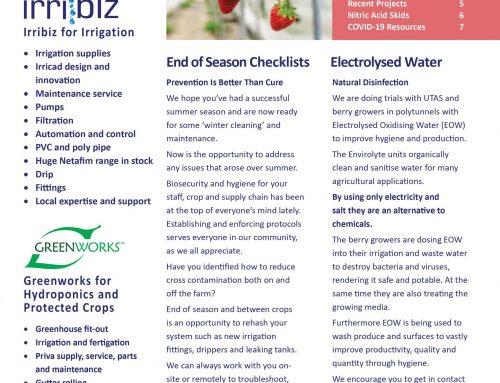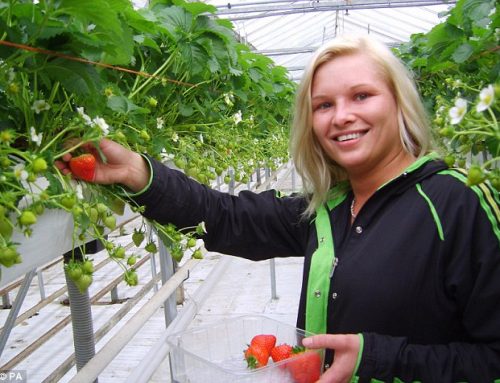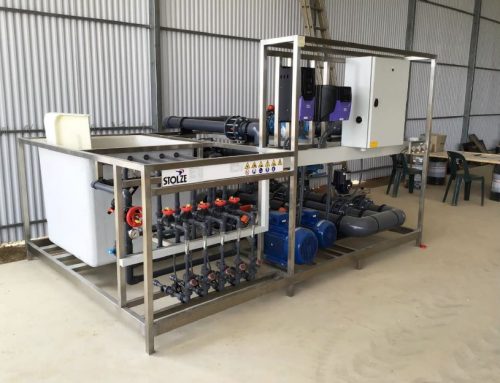The sale of Australia’s largest fruit and vegetable producer is gathering pace, with investment banks undertaking a road show to spruik the Costa group to potential overseas investors.
While investment in agriculture can sometimes be a hard sell, the Costa group has a unique selling point, with a huge proportion of its revenue coming from fruit and veggies that are grown indoors, taking out the unpredictability of the weather that affects other farming systems.
According to a recent presentation by the group’s chief executive officer, Harry Debney, the country’s largest horticultural group has annual sales of approximately $900 million.
The company grows mushrooms, berries, bananas, tomatoes and citrus fruit in six Australian states.
It is the largest supplier of fruit and vegetables to the Coles and Woolworths supermarkets and exports produce to Europe, Asia, and the Americas.
Costa’s farming systems include 20 hectares of glasshouses, as well as six mushroom growing sheds, with those indoor, or protected, farms expected to make up 75 per cent of earnings in 2015, up from 30 per cent in 2010.
Brooke Tonkin, a senior analyst at IBIS World, said Costa’s large stake in protected farming systems made the company a particularly appealing business for investors.
“(It) reduces their exposure to volatility caused by, number one, the weather,” Ms Tonkin said.
“That is a big problem with agriculture and it does put quite a few private equity companies off investing in agriculture because of that volatility, whereas Costa are quite well insulated from rainfall fluctuations, and it makes it much easier for them to produce a reliable supply of fruit and vegetables.”
Growth in indoor farming
Ms Tonkin said the industry of growing fruit and vegetables indoors was increasing by about 2 per cent per annum in Australia, with stronger growth predicted into the future.
“More and more farmers are seeing the benefits of growing vegetables undercover,” she said.
“The industry is expected to be worth $510 million, so it is growing quite strongly and that is obviously coming off the back of reduced volatility and many farmers are noticing the benefits that come with protected crop growing.”
The trend in Australia toward increased production of vegetables and fruits in protected farming systems echoes what is already happening overseas.
“In Europe, protected cropping, and particularly glasshouses are quite widely used, simply because they don’t have the same space in land terms that we have here, but definitely there is quite a bit of growth overseas and that growth is transitioning over to Australia in terms of jumping on board with the undercover crop production,” Ms Tonkin said.
Ms Tonkin said Costa was receiving interest from local and international buyers.
“Any Australian agriculture business that’s looking to sell is attracting interest from foreign investors, so they are actually getting quite a bit of interest from all parties, which is why it’s not become clear whether or not Costa are actually going to go with a private equity buyer, or whether they will proceed with their public offering.”

